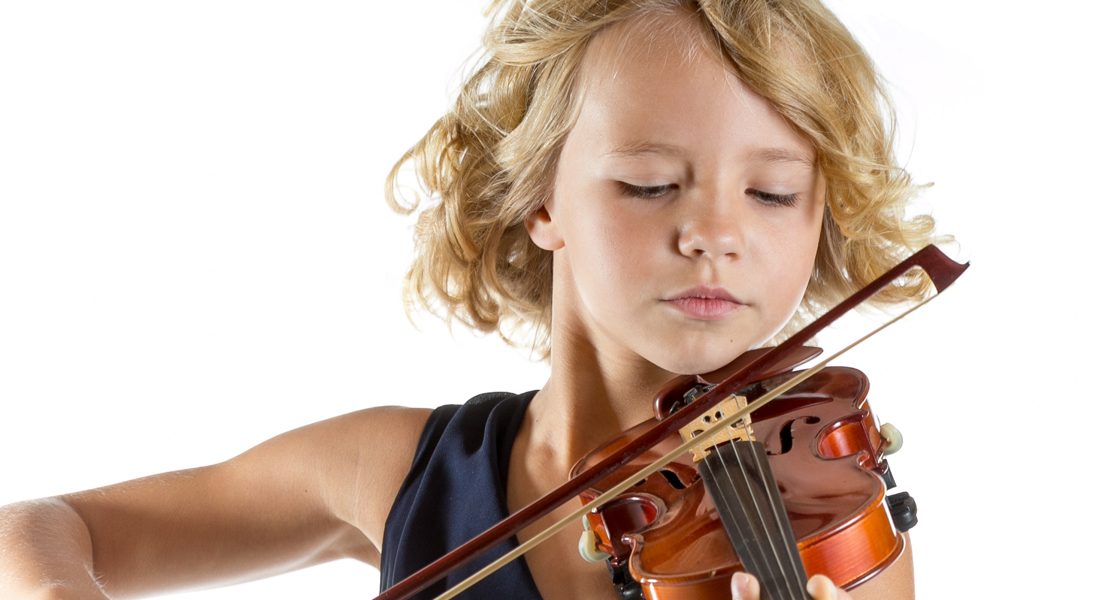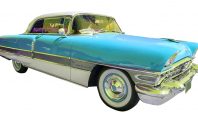Raise Sharp Kids With Music

We hear so much music in a day—on TV, at restaurants, blasting from car stereos—that we often take it for granted. But from time to time, it’s good to remind yourself just how amazing it is. After all, no other species on the planet makes music!
“Music-making is one of the activities that make us distinctly human,” says Paul Murphy, PhD, chair of the music department at Muhlenberg College. “We do it for what we get out of it—enjoyment—and that’s what makes us special.” Beyond just enjoyment, listening to music and playing it can have a profound impact on a child’s social and intellectual development.
The Benefits
Music allows children to express themselves without even speaking, and helps them stretch their minds just by listening. “They might not know what a piece of music is about, but they can ponder it and try to make some sense of it,” says Murphy.
Budding musicians also develop a real-world sense of space and time as they explore the differences in pitches and varying durations of notes and rests. Self-discipline and teamwork come into play, too—first in learning the instrument or vocal part, and then by working with other musicians to create something unique and beautiful.
The social benefits are also impressive. “We host jams at our stores, mainly with adult players, but kids are welcome,” says Paula Taylor, co-owner of Meadowood Music in Blandon, PA. “Your age, background, and education don’t matter, because everyone’s there to make music.”
When to Start
Public schools typically begin teaching instrumental music to students ages 6 to 10 years old. “By that time, even the less-mature kids have the tools they need to succeed, including hand strength, appreciation of abstract concepts, counting, and attention span for lessons, says Taylor.
But some kids want to start playing music earlier. “This tends to happen in families where the adults already play music,” Taylor explains. “We recommend private lessons in those cases. Younger kids really benefit from the personal attention and guidance.”
Choosing an Instrument
Parents sometimes try to impose their choices on the child, but that’s not wise. “The best instrument is the one they’re excited about,” says Taylor.
Even if the instrument seems too big, don’t automatically disregard that choice. “Drum kits, guitars, and stringed instruments in the violin family come in fractional sizes for children,” says Taylor. “They’re scaled to the size of the player.”




















